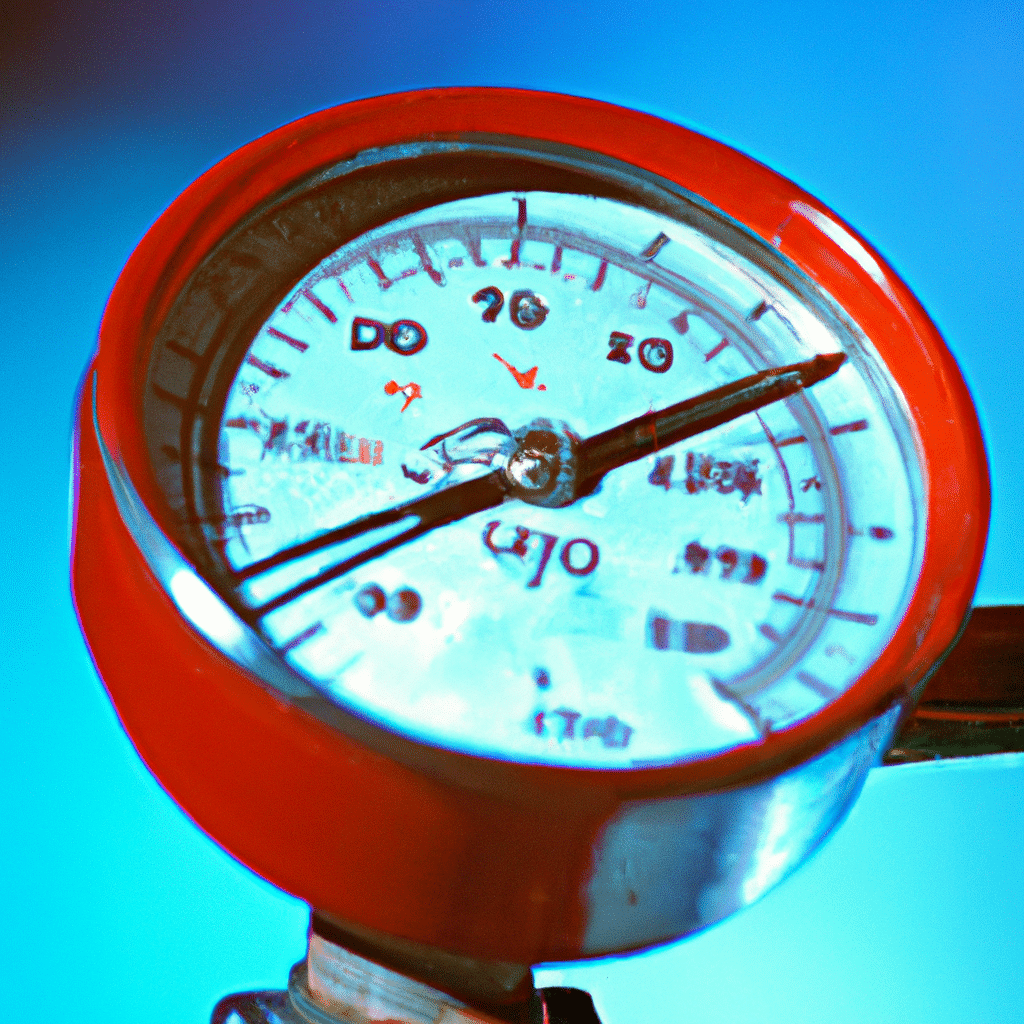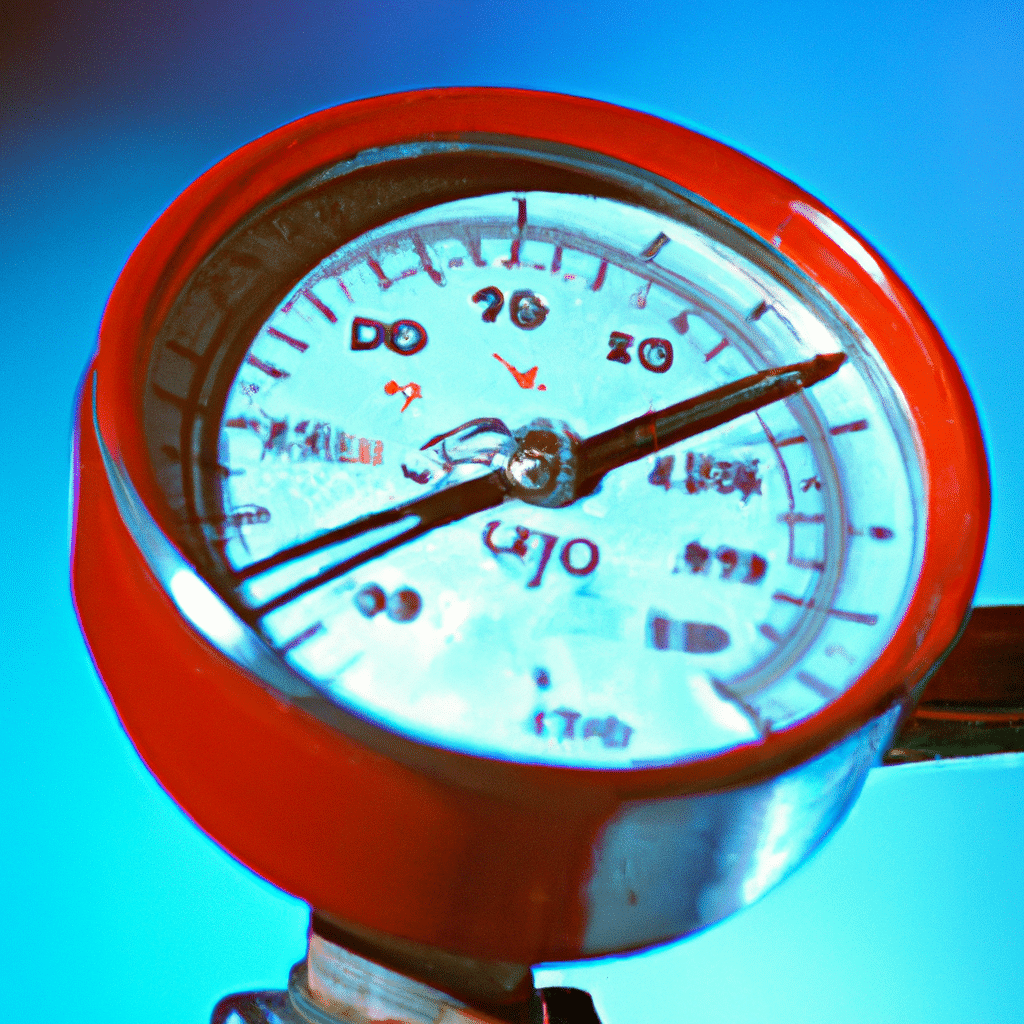Have you ever wondered about the benefits of high-octane gas? You’re not alone. Many drivers are curious whether investing in premium fuel is worth it, and we’re here to give you the answers you’re looking for. From improved engine performance to potential cost savings, high-octane gas offers a range of advantages that might make it worth the extra expense at the pump. So buckle up and join us as we explore the fascinating world of high-octane gas and its benefits for your vehicle.
Improved Engine Performance
Better horsepower
Using high-octane gas can lead to improved engine performance, specifically in terms of horsepower. The higher the octane rating, the more resistance the fuel has to knocking or pinging in the combustion chamber. This allows for a more efficient and controlled burn, increasing power output. With high-octane fuel, our engines can generate better horsepower, giving us a boost in performance.
Increased torque
In addition to better horsepower, high-octane gas can increase torque. Torque is the rotational force that allows an engine to generate power. Using fuel with a higher octane rating can achieve better combustion, leading to more efficient energy transfer and higher torque production. This increased torque not only improves the engine’s overall performance but also enhances acceleration and towing capabilities.
Enhanced acceleration
One of the critical benefits of high-octane gas is its ability to enhance acceleration. The improved combustion process provided by high-octane fuel allows for faster and more efficient energy release, translating into quicker acceleration. Whether merging onto a highway or participating in a spirited driving experience, high-octane fuel can give us the edge we need to achieve rapid acceleration and a thrilling driving experience.
Improved Fuel Efficiency
Optimal combustion
When it comes to fuel efficiency, high-octane gas has an advantage. The optimal combustion achieved by high-octane fuel allows for better fuel economy. Unlike lower-octane fuels, high-octane gas burns more evenly and thoroughly, maximizing energy extraction from each fuel droplet. This efficiency leads to better mileage and reduced fuel consumption, ultimately saving us money at the pump.
Reduced fuel consumption
Using high-octane gas can result in reduced fuel consumption. The more efficiently the fuel burns in the engine, the less fuel is required for the same amount of work. High-octane fuel allows for cleaner and more complete combustion, minimizing waste and maximizing energy utilization. As a result, our vehicles can achieve better mileage and go farther on each gas tank, ultimately reducing our overall fuel consumption.
Prevention of Engine Knock
Higher detonation resistance
Engine knock, also known as detonation, can harm an engine’s performance and longevity. High-octane gas offers a higher resistance to engine knock, as it is less likely to ignite or prematurely release energy in an uncontrolled manner. This resistance ensures a more stable and controlled combustion, reducing the risk of knocking and maintaining the engine’s optimal performance.
Protection against premature ignition
Premature ignition can lead to engine knock and potential damage to various engine components. High-octane gas protects against premature ignition, as it has a higher ignition temperature than lower-octane fuels. This protection ensures that the fuel ignites appropriately, allowing for a well-timed combustion and safeguarding the engine from the harmful effects of detonation.
Protection of Engine Components
Reduced carbon deposits
Using high-octane gas can result in reduced carbon deposits within the engine. Lower octane fuels are more prone to incomplete combustion, leading to the buildup of carbon deposits on valves and other critical engine components. These deposits can restrict airflow and interfere with proper engine function. High-octane fuel, with its cleaner and more efficient combustion, minimizes the formation of carbon deposits, ensuring better long-term performance and durability of engine components.
Prevention of valve and cylinder damage
Carbon deposits not only affect airflow but can also damage valves and cylinders over time. With high-octane gas, the risk of valve and cylinder damage is reduced. Cleaner combustion means less carbon buildup on valves, reducing the likelihood of sticking or failure. Additionally, the decreased chance of engine knocking associated with high-octane fuel protects cylinder walls from excessive wear, maintaining their integrity and extending the lifespan of these critical engine components.
Compatibility with High-Performance Engines
Catering to high compression ratios
High-performance engines often feature high compression ratios, which require fuel that can withstand the increased pressure and heat. High-octane gas is ideal for such engines as its resistance to premature detonation allows for reliable combustion, even under high compression. Using high-octane fuel ensures that our high-performance engines operate at their peak potential, delivering maximum power and efficiency.
Suitability for turbocharged engines
Turbocharged engines rely on forced induction to increase power output. The combustion chamber’s increased air pressure and temperature demand fuel to withstand these higher stress levels. High-octane gas is well-suited for turbocharged engines, as it increases detonation resistance, preventing engine knock when operating at high boost pressures. This compatibility allows turbocharged engines to perform optimally and experience fewer performance limitations.
Cleaner Emissions
Lower levels of pollutants
High-octane gas contributes to cleaner emissions by reducing the levels of pollutants released into the environment. The cleaner combustion achieved by high-octane fuel results in fewer unburned hydrocarbons, carbon monoxide emissions, and decreased particulate matter. Using high-octane gas can collectively contribute to cleaner air and a healthier environment for ourselves and future generations.
Reduced environmental impact
In addition to lower pollutant levels, high-octane gas reduces environmental impact. The cleaner combustion and improved fuel efficiency provided by high-octane fuel translate into fewer greenhouse gas emissions, such as carbon dioxide. By reducing our carbon footprint, we can help mitigate climate change and minimize the ecological impact of our vehicle usage, making high-octane gas a more sustainable choice for the environment.
Improved Engine Longevity
Reduction in wear and tear
High-octane gas can improve engine longevity by reducing wear and tear on critical components. The cleaner combustion offered by high-octane fuel means fewer contaminants and carbon deposits that can lead to premature wear. With less friction and reduced stress on engine parts, our engines can operate more smoothly and experience less internal damage, resulting in an extended lifespan.
Extended lifespan of engine components
By minimizing the potential for knocking and reducing carbon deposits, high-octane gas helps extend the lifespan of engine components. The protection against premature ignition and the prevention of valve and cylinder damage provided by using high-octane fuel allows the engine to operate under optimal conditions. This enhanced durability ensures that engine components, such as valves, cylinders, and pistons, can withstand the rigors of long-term use and maintain their performance for an extended period.
Smooth and Quiet Operation
Reduced engine vibration
High-octane gas can contribute to a smoother and quieter engine operation by reducing engine vibrations. Knocking or detonation can lead to increased engine vibrations, which can be felt throughout the vehicle, causing discomfort and affecting its overall performance. Using high-octane fuel can minimize engine knock and achieve a smoother running engine, resulting in a more enjoyable and comfortable driving experience.
Quieter engine noise
In addition to reducing engine vibration, high-octane gas can contribute to quieter engine noise. The controlled and efficient combustion provided by high-octane fuel reduces the likelihood of knocking and abnormal engine noises. By using high-octane gas, we can enjoy a quieter engine, enhancing the overall driving experience and minimizing noise pollution for ourselves and those around us.
Additional Benefits for Modified Engines
Prevention of pre-ignition in forced induction engines
Forced induction engines, particularly heavily modified ones, are more susceptible to pre-ignition due to increased pressures and temperatures. High-octane gas provides an added benefit in preventing pre-ignition, as its resistance to detonation reduces the likelihood of combustion occurring before ignition. Using high-octane fuel can safeguard our modified engines from potential damage and ensure their optimal performance.
Enhanced performance in higher compression engines
Modified engines often feature higher compression ratios to maximize power output. High-octane gas can enhance the performance of these engines by delivering consistent and controlled combustion. With its resistance to knocking, high-octane fuel allows for higher compression without sacrificing reliability. By using high-octane gas, we can unlock the full potential of our modified engines and experience exhilarating performance without compromising durability.
Convenience of Using a Single Octane Level
Avoiding guesswork in fuel selection
Using high-octane gas eliminates the guesswork involved in fuel selection. Many modern vehicles are designed to run on regular unleaded gasoline with lower octane ratings. However, using high-octane gas saves us from the dilemma of selecting the appropriate fuel for our vehicles. With high-octane fuel, we can confidently fill up at any gas station without worrying about choosing the wrong octane level, ensuring optimal engine performance and compatibility.
No need for octane boosters
By using high-octane gas, we eliminate the need for octane boosters. Octane boosters are additives typically used to raise the octane rating of lower-grade fuels. However, these additives can be costly and may not provide the same performance and protection as high-octane gas. By utilizing high-octane fuel, we can avoid the hassle and expense of purchasing and adding octane boosters, simplifying our fueling routine and ensuring consistent engine performance.
As we can see, high-octane gas offers our vehicles a wide range of benefits. From improved engine performance and fuel efficiency to preventing engine knock and protecting engine components, high-octane fuel proves its worth. Moreover, its compatibility with high-performance and modified engines, cleaner emissions, and contribution to engine longevity make it a desirable choice. High-octane gas enhances the overall driving experience with smoother and quieter operation and offers the convenience of a single-octane level without additional additives. By choosing high-octane gas, we can optimize our engine’s potential, reduce our environmental impact, and enjoy the benefits of a well-performing and efficient vehicle.







